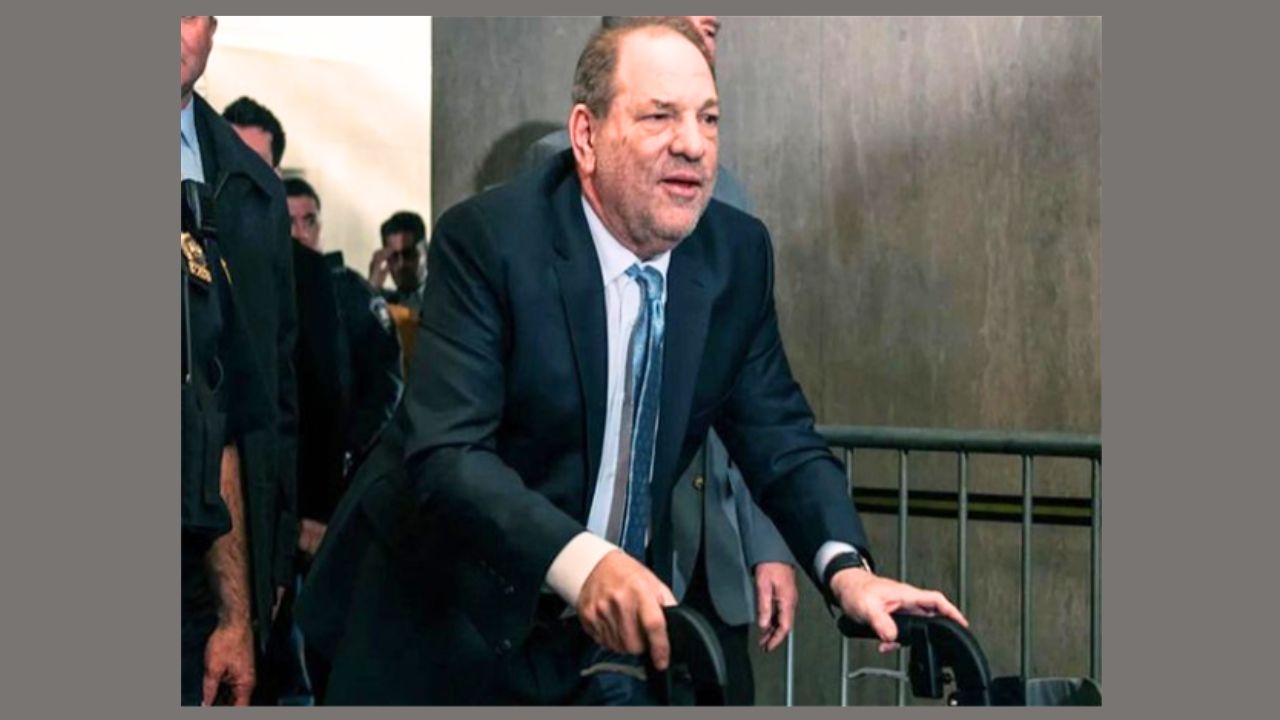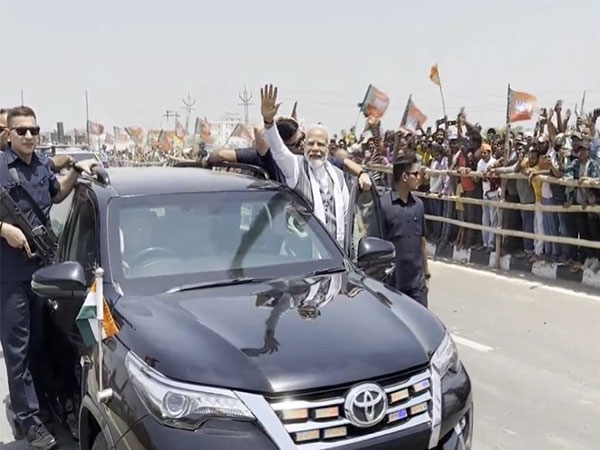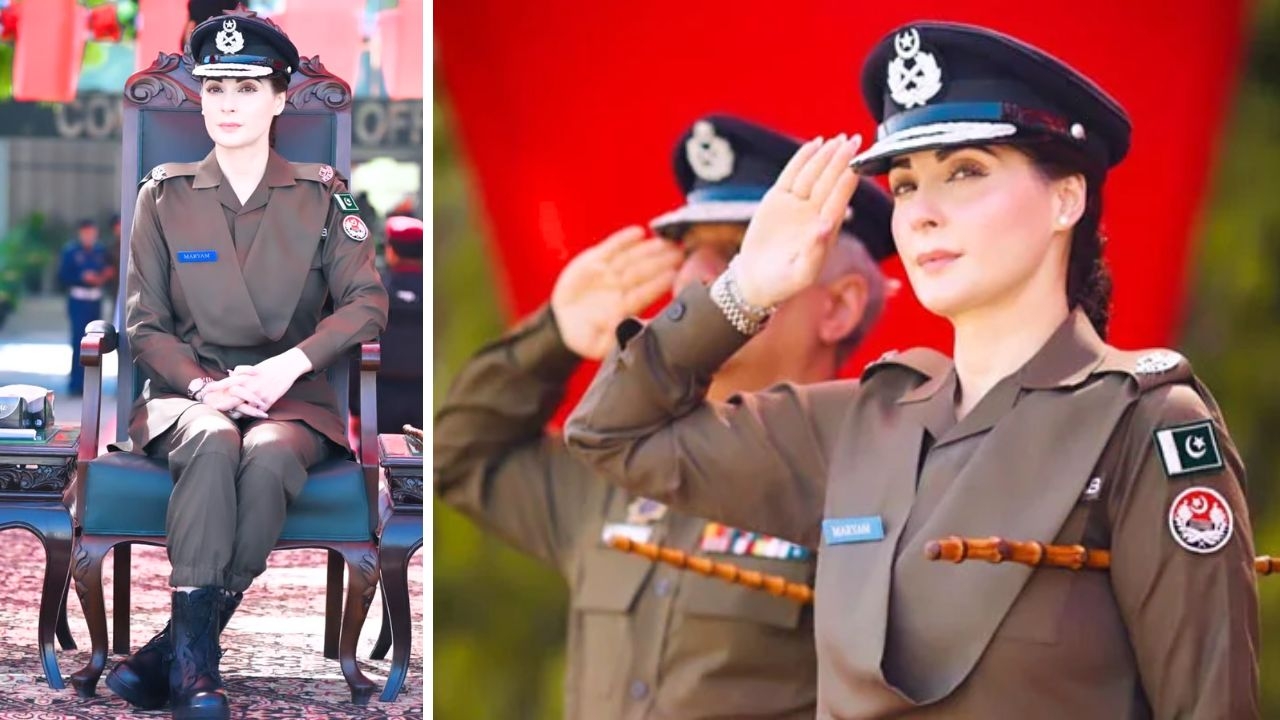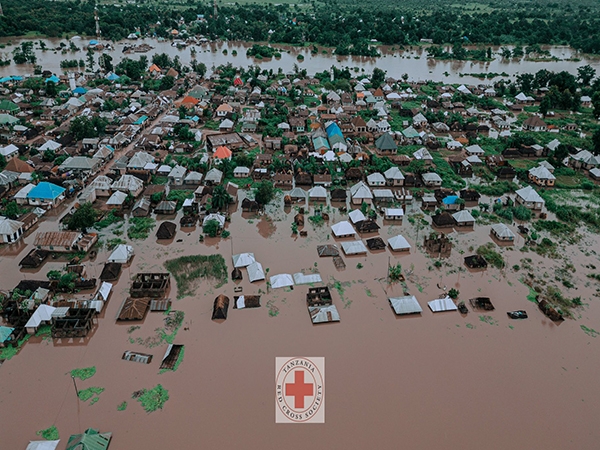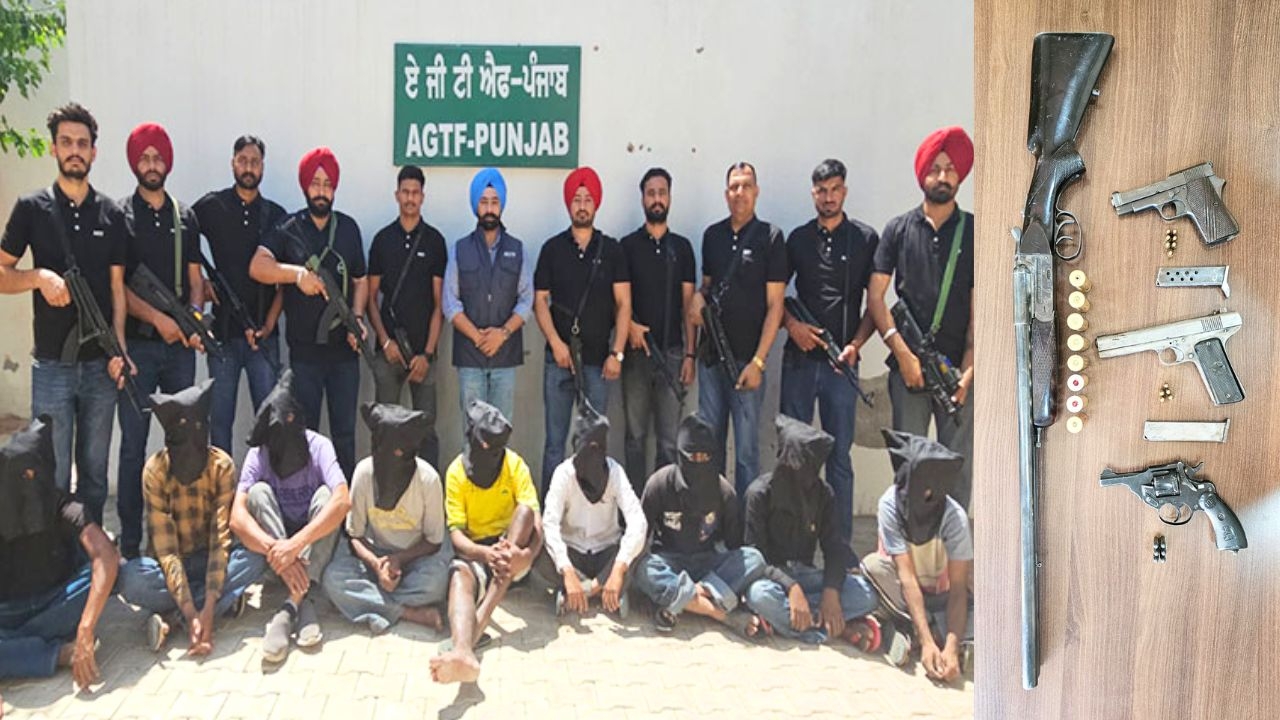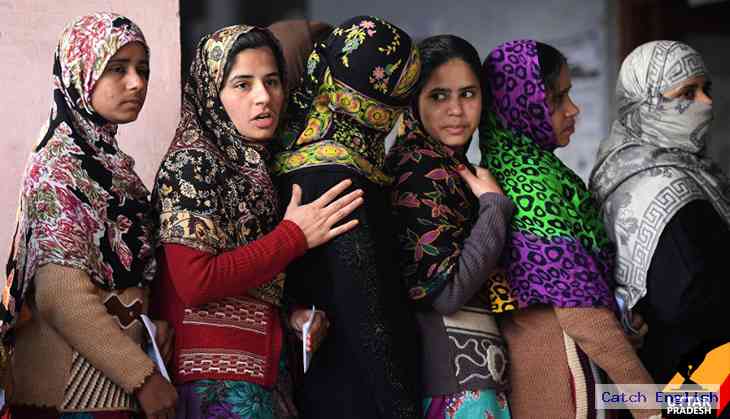
The first phase of polling in the Uttar Pradesh Assembly elections ended on 11 February but all the political parties still remain in a fix as to how well each of them fared.
This is largely due to two factors – first the absence of a wave in favour of any one party and second, triangular and quadrangular contests in many seats.
BJP president Amit Shah has said that his party will win 90 seats in the first two phases, out of which at least 50 will be in the first phase alone.
Sources in the Samajwadi Party, however, have a different reading. They say that the SP is doing much better than how it fared in the 2012 elections.
“We (the SP-Congress alliance) will get 30-35 seats out of the 73 which went to polls,” a senior SP source told this reporter. This is a massive improvement from the party's performance in the 2012 elections, in which the SP won 18 seats in this region. The SP has traditionally been weak in this region.
They say that the SP-Congress alliance has been able to corner a lion's share of the minority votes wherever their candidates were in a direct contest. The only exceptions seem to be Baghpat and Thana Bhawan constituency, where its candidate wasn't strong enough and minority community voters may have gone towards the BSP. where it's candidate was not considered to be strong and minorities may have gone with the BSP.
In other places, including in the Budhana constituency or in Khatauli, where BSP had fielded wealthy and influential Muslim candidates, the voters, according to party insiders went with the SP.
Similarly in Meerut district where even star leaders of the BJP like Sangeet Som from Sardhana and Laxmikant Bajpai from the Meerut city consituency are looking on a sticky wicket. In Sardhana, BSP had fielded meat trader Haji Yaqoob Qureshi's son Imran Qureshi.
In most constituencies which went to polls, candidates of both the BSP and the SP had to battle it out with the BJP candidates, according to SP insiders. “BJP has had a strong presence in these areas,” one insider says.
Reports from the ground suggest that the SP is doing better than the BSP in these areas and remains the most popular choice of the minorities. This, some politicians say, may have led to statements from the BJP leadership that the contest in the first two phases with the BSP and not the SP.
“This could send a message to the minorities that SP is not in the fray and make them vote for the BSP candidates instead, leading to a division of votes as had happened in the 2014 polls,” says an analyst.
Although in 2014, the reason for BJP's spectacular victory lay in the popularity of Narendra Modi, which has diminished since, leading to BJP to look for other avenues.
A Congress politician, however, warns that it would be foolhardy to think that the BJP is out of the contest in the first phase since it has managed to corner a large section of the votes, especially in urban pockets.
In the riot affected areas of Western UP, a heavily polarised electorate also means good news for the saffron party and that the minority community going with the alliance would shore up it's chances.
A high turnout among young voters also has the non-BJP parties worried given Modi's comparativley higher popularity among the youth.
However, the Jat community is spoiling BJP's chances in many seats in Western UP. The fact that a large section of them gravitated towards the RLD due to issues of identity, demonetisation and farm distress, has the BJP worried. This community had gone out and voted for the BJP in large numbers in the last elections.
The party may not win in a lot of seats especially after the Muslim candidates it had fielded did not get much traction within the community, like in Thana Bhawan and Khatauli constituencies, it may spoil BJP's chances on many other seats, RLD insiders claim. Insiders say minorities have voted for the party but only where the party's candidate was in a close contest with the BJP. Baraut and Chhaprauli constituencies in Baghpat district are cited as an example.
However, according to them, the upper caste and urban voters of the majority community have chosen the BJP over other parties and that several communities like the Thakurs, the Brahmins and the Most Backward castes may have voted for the saffron outfit. And that the fact that the Muslim vote did not go to the BSP in the manner in which it was presumed, too, have made the elections far more unpredictable. BSP's idea of a Dalit-Muslim alliance doesn't seem to have taken off.
A party leader says the election results may show a mirror to the dominant Jat community about the myth of Jat invincibility, that the community can win seats on it's own, in pockets where they have a big presence. And that a daunting task lay ahead for the party in case the party does not get a respectable number of seats, for then it will be difficult to keep the flock of Jats together and stop them from going back to the BJP after the polls. Although the party is confident that it is comfortable on at least 10 seats which went to polls in the first phase.
Meanwhile, the Election Commission has ordered that FIRs be filed against Hindi daily Dainik Jagran, for publishing an exit poll for the first phase, in violation of EC norms. Many have alleged that this act by Dainik Jagran was aimed at creating a positive sentiment for the BJP.
For now, the contest for UP is as open as it can be. And according to politicians, heading towards a hung house.


_231291_300x172.jpg)
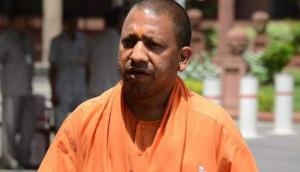
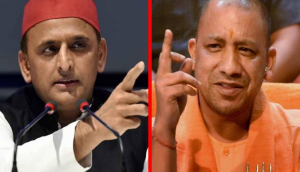
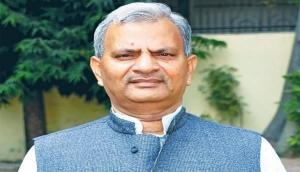
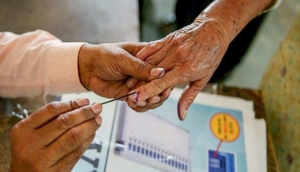
![BJP's Kapil Mishra recreates Shankar Mahadevan’s ‘Breathless’ song to highlight Delhi pollution [WATCH] BJP's Kapil Mishra recreates Shankar Mahadevan’s ‘Breathless’ song to highlight Delhi pollution [WATCH]](http://images.catchnews.com/upload/2022/11/03/kapil-mishra_240884_300x172.png)

![Anupam Kher shares pictures of his toned body on 67th birthday [MUST SEE] Anupam Kher shares pictures of his toned body on 67th birthday [MUST SEE]](http://images.catchnews.com/upload/2022/03/07/Anupam_kher_231145_300x172.jpg)


